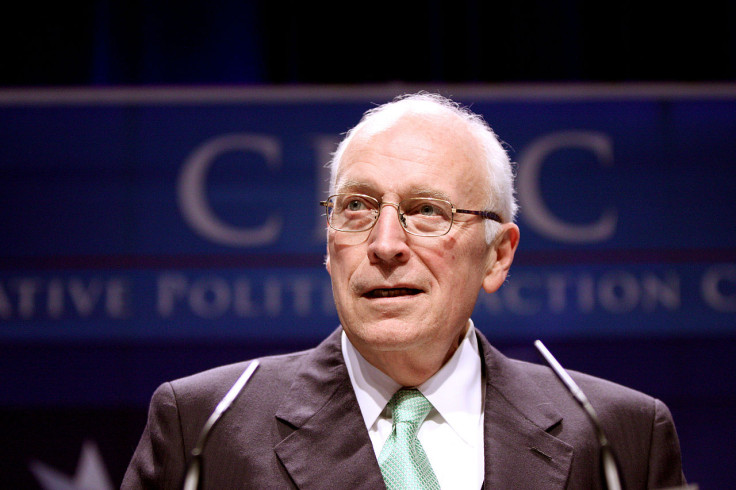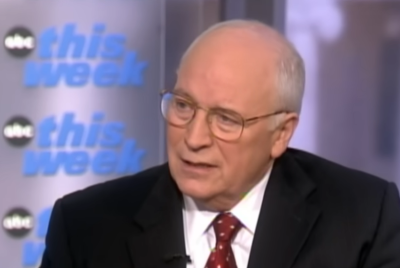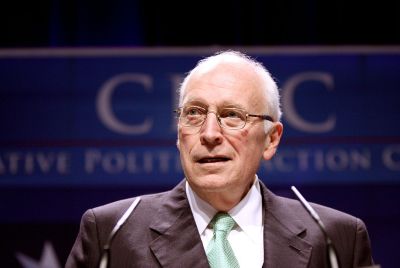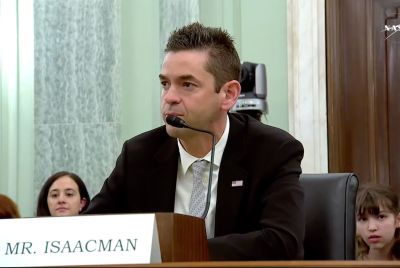Dick Cheney Dead Due to Complications of Pneumonia and Cardiac and Vascular Disease — What Does That Mean?
Apparently, serious health concerns plagued the former US vice president's political life.

Former United States vice president Dick Cheney, one of the most influential and divisive figures in modern American politics, has died aged 84. His family confirmed he passed away from complications of pneumonia, as well as cardiac and vascular disease.
The family told the media that Cheney died surrounded by his wife of 61 years, Lynne, and their daughters, Liz and Mary. They described him as 'a great and good man' who inspired his family to embrace 'lives of courage, honour, love, kindness and fly fishing'.
Cheney served as America's 46th vice president under President George W. Bush between 2001 and 2009, a period dominated by the 11 September terrorist attacks and the ensuing 'war on terror'. His impact within the administration led many to regard him as perhaps the most powerful vice president in US history.
Former president Bush paid tribute, calling him 'a decent, honourable man' and 'among the finest public servants of his generation'.
READ MORE: Dick Cheney Hunting Accident Resurfaces; Why the Shooting Victim Was Sorry to the Former VP?
Cardiac Struggles Through Decades
Cheney's political life was often shadowed by serious health issues.
His first heart attack occurred in 1978 when he was 37, followed by subsequent attacks in 1984, 1988, 2000 and 2010. Each incident required significant medical intervention, including bypass surgery, stent insertions, and the implantation of a defibrillator and pacemaker.
After his fifth heart attack in 2010, Cheney's heart function declined sharply, leading doctors to implant a left ventricular assist device (LVAD), a mechanical pump designed to support circulation when the heart can no longer perform effectively.
Two years later he received a heart transplant, which proved a success and enabled him to maintain both his public and personal life for more than a decade.

READ MORE: From Iraq to Gay Marriage: The Contradictions That Defined Dick Cheney's Public Life
Health Complications Proved Fatal
According to the family statement, Cheney succumbed to complications of pneumonia and cardiac and vascular disease.
Pneumonia, an infection of the lungs causing inflammation and breathing difficulty, can be particularly dangerous for people with existing heart conditions, adding strain to the cardiovascular system.
Cardiac and vascular disease includes disorders such as coronary artery disease, heart failure and peripheral vascular disease. These can reduce the heart's efficiency and limit blood flow and oxygen delivery throughout the body.
In older adults, especially those with chronic heart disease or who have undergone a transplant, pneumonia can trigger severe complications by forcing the heart to work harder, potentially leading to cardiovascular collapse.
READ MORE: From Iraq to Gay Marriage: The Contradictions That Defined Dick Cheney's Public Life
Continued Advocacy and Influence
Despite his health problems, Cheney remained active in public life after leaving office in 2009. He gave speeches, wrote books and appeared in interviews discussing national security, foreign policy and his time in government.
His survival following a heart transplant was often cited as proof of the extraordinary progress made in cardiology since his first heart attack in the 1970s.
© Copyright IBTimes 2025. All rights reserved.





















